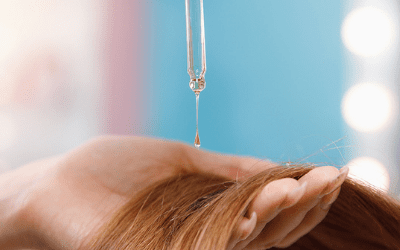
Book a virtual or in-person consultation and talk with one of our medical experts about your results. Find out what this all means for your hair and possible treatment options.
This is an educational tool only and should not be considered a medical diagnosis. A diagnosis can only be determined by a licensed practitioner after a thorough evaluation.





